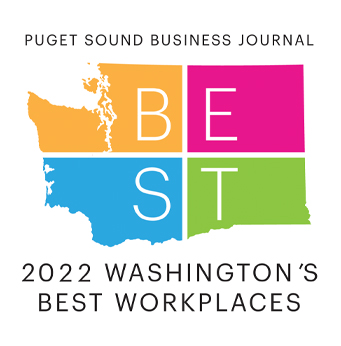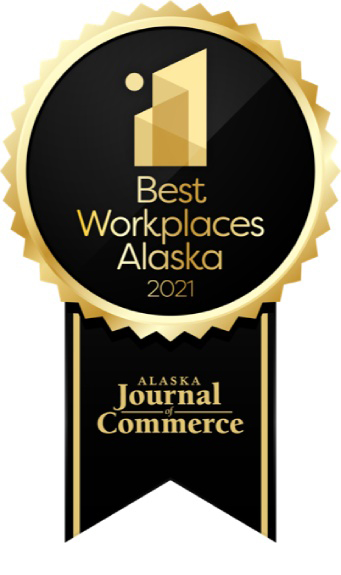Hospitality Industry Update: Preparing to Re-Open
May 15, 2020
As hospitality businesses prepare to re-open in our “new normal,” there are many important risk management and insurance-related items to consider. We will be sending out risk management considerations for re-opening once operations have fully resumed, but there are a few actions that can be taken now, during the remainder of the shutdown.
Premium Payments
Many states have implemented premium grace periods during stay-at-home orders. As of this writing, the Washington Office of the Insurance Commissioner has mandated a premium grace period through May 9. If your organization has been utilizing the grace period and delaying premium payment, it is important to follow the OIC for any further developments. If the grace period is not extended, insurers will look to clients to make their accounts whole. If you anticipate payment issues or have questions about your state’s rules, contact your broker and insurance company now to work out payment options.
Policy Adjustments
Many insurance companies are accommodating mid-term requests to adjust liability exposures to reflect new business realities more accurately. While most of these adjustments can and will be made at policy expiration when the policy is audited, making the changes now can provide immediate premium relief and improve organizational cash flow.
Vacancy Clause
Many commercial property policies contain vacancy provisions. These provisions can vary from carrier to carrier, but generally reduce or exclude certain coverage if a property must be unoccupied for a certain period of time (typically 60 days). If a location has been temporarily vacated, it is best to notify your insurer immediately and to confirm whether any coverage restrictions apply during the period of vacancy.
Workers’ Compensation
If you retain staff while your operations are shut down, some employees may qualify for a lower workers’ compensation classification. For example, while your restaurant or hotel is shut, you may have retained a chef or a cleaning supervisor and put them to work in the office or on a clerical project from home. Keep track of the hours these employees work in their new roles. They may be eligible for classification as office workers, which generally carries a lower rate than client-facing employees.
Vendors & Additional Insureds
During the shutdown, some hospitality businesses have chosen to or will seek the services of third-party vendors for items like deep cleaning, minor repairs or restoration work, etc. If you are doing so, remember the importance of requiring all third-party vendors hired to perform work on your behalf to provide a contract. The contracts should include indemnification and require the contractor to name your business an additional insured for their work on your property. Remember to collect a certificate of insurance from the vendor as evidence of their insurance coverage and your business being named as an additional insured on their policy.
Employment Issues
Organizations are facing an array of new employment challenges as they navigate through unprecedented circumstances. Many are forced to make an alarming number of layoffs and furloughs. Others face new issues as employees work from home. Some may encounter different jurisdictional issues as the organization opens up multiple locations in different geographic regions.
Employers will need to provide reasonable accommodations for workers with compromised immune systems. The Family Medical Leave Act will come into play as employees need to care for family members, employee privacy will need to be protected as employers test for and trace known positive cases of COVID-19, and wage and hour rules should be reviewed to ensure the organization is still compliant given any changes in the workplace.
Keep in mind that employment practice liability policies may need to be triggered; as claims-made policies, they often require timely reporting of any Equal Employment Opportunity Commission (EEOC) complaints or demands. It’s critical that you discuss any circumstances, demands, or EEOC complaints in a timely manner with your insurance broker and do not try to defend or settle any of these matters without including the insurer; doing so could invalidate any coverage you may have. Reliable employment counsel is essential right now. Spend some time with your counsel to ensure your organization’s employment practices are staying on track.
Auto Considerations
Many hospitality businesses have pivoted to offering delivery service for the first time. It is highly recommended that any business considering this move communicates with their broker/carrier before implementing delivery with their employees, as hired/non-owned auto insurance requirements may vary from carrier to carrier.
Non-owned auto exposure exists when employees use their own vehicles for company business. The driver should be screened and authorized like any other driver using a company vehicle, and all rules and policies should apply equally.
The driver should also:
- Maintain adequate limits of personal insurance. Check with your broker and carrier, as provider requirements could differ.
- Provide you with certificate of insurance or a copy of their declarations page. Require that drivers notify you if the policy is canceled for any reason.
- Be financially responsible for the deductible on their (the employee’s) policy.
- Have evidence that the vehicle is properly maintained and in good operating condition.
You will note that the employee’s own insurance will be primary when responding to accidents that take place while they drive their own car for the business. Likewise, they will be financially responsible for the deductible should an accident occur. You will usually need to provide the underwriter some version of the following information to start your delivery service:
- Five-year loss runs showing there have been no hired or non-owned auto claims.
- A driver’s list that includes everyone allowed to deliver. Note that the underwriter will pull the drivers’ MVRs and exclude anyone whose MVR is unacceptable from coverage.
- Copies of all drivers’ auto declaration pages showing they carry limits of at least $100k per bodily injury, $300k per accident, and $100k for property damage. The exact amount can and will vary by carrier.
As the country starts to open back up, hospitality businesses will need to pivot in order thrive in the new environment. Be sure to check with an experienced insurance broker before implementing any of these recommended changes.
The views and opinions expressed within are those of the author(s) and do not necessarily reflect the official policy or position of Parker, Smith & Feek. While every effort has been taken in compiling this information to ensure that its contents are totally accurate, neither the publisher nor the author can accept liability for any inaccuracies or changed circumstances of any information herein or for the consequences of any reliance placed upon it.





